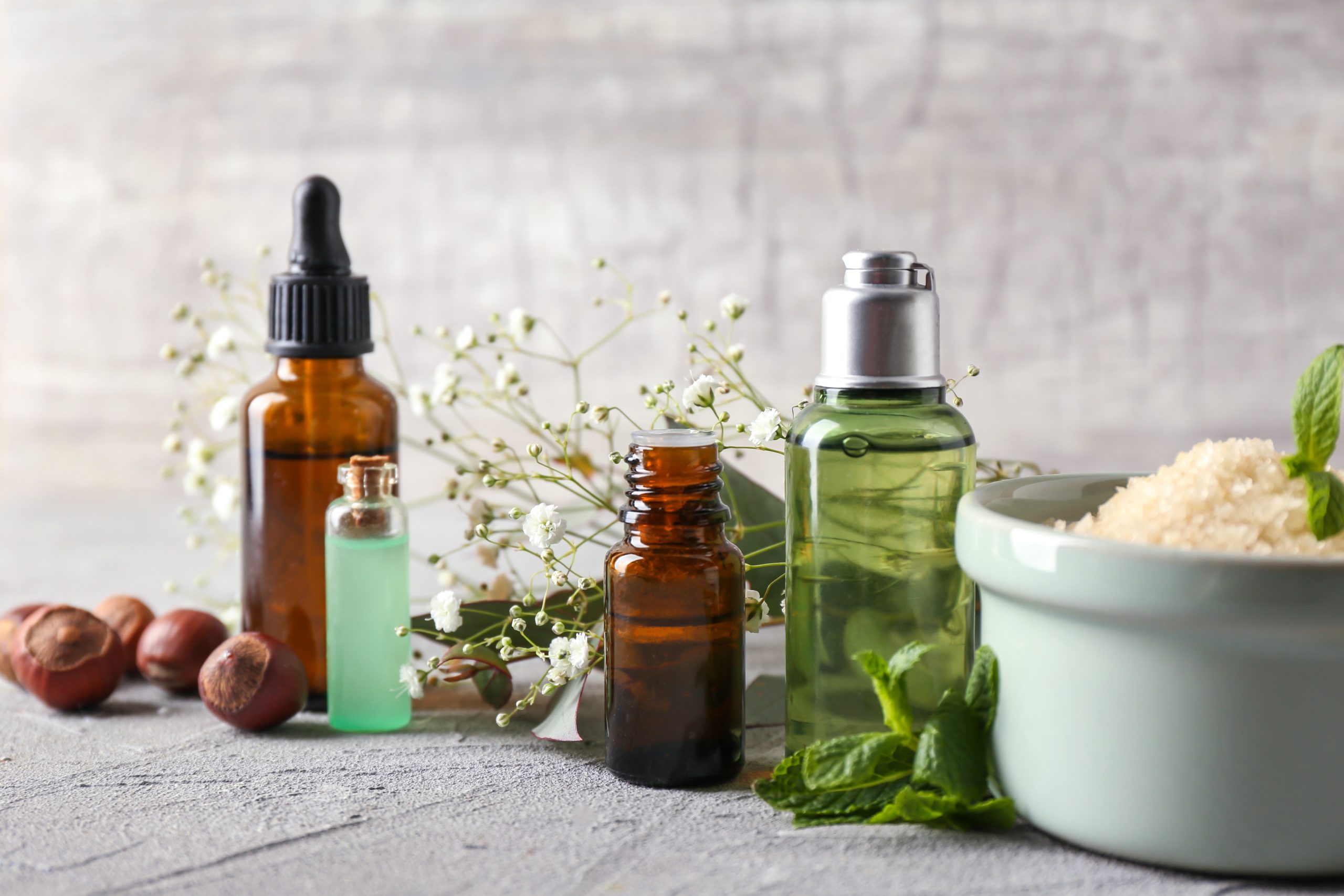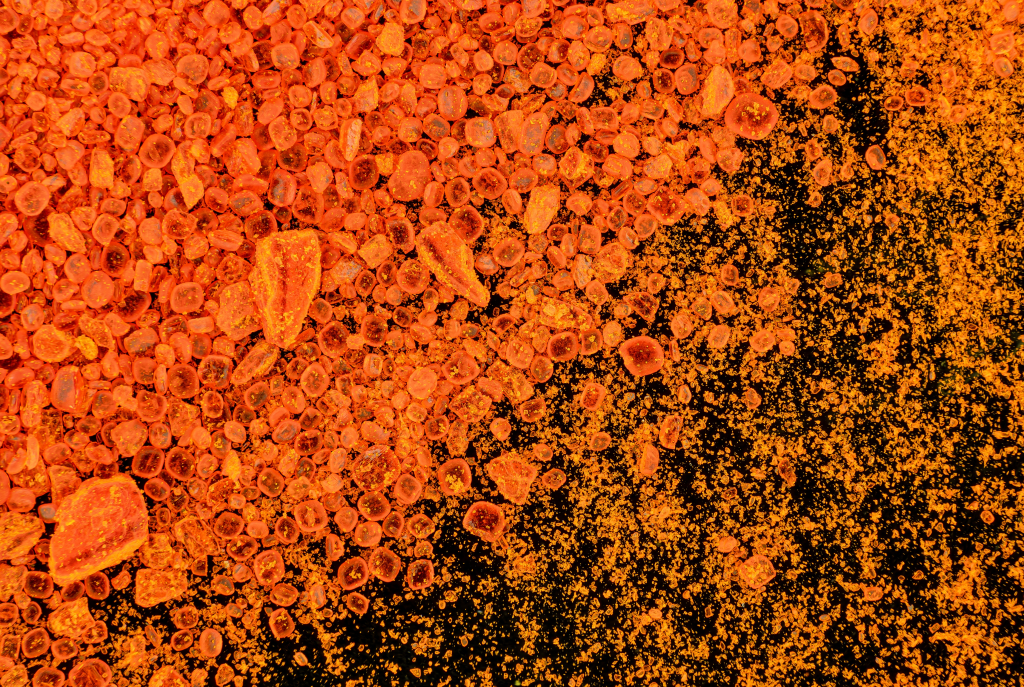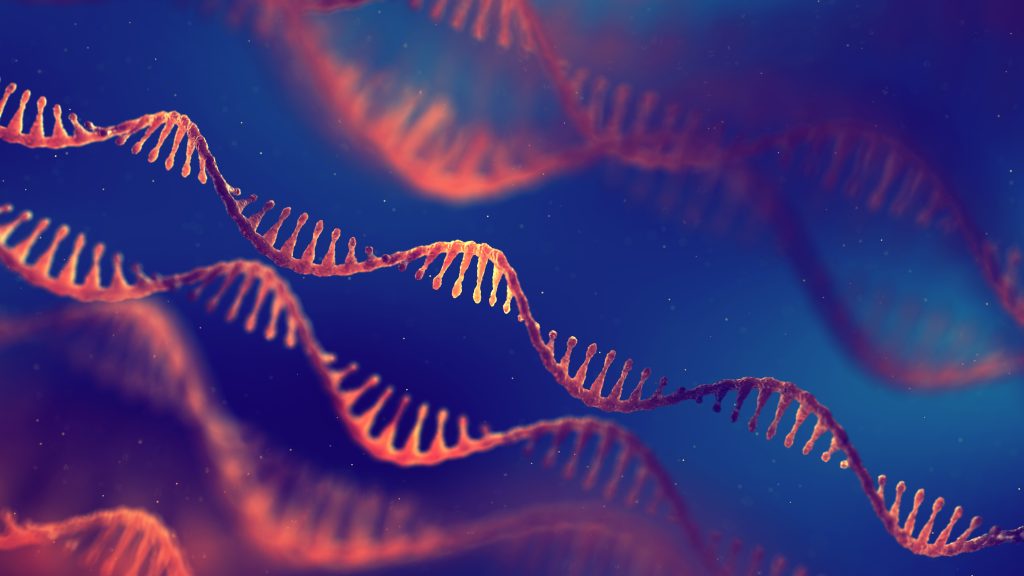
The identification and use of naturally sourced ingredients is increasingly becoming a priority in the cosmetics industry. Whether for the replacement of synthetic components in cosmetic formulations, or the creation of compostable packaging solutions and sustainable production processes, consumers’ desire for naturally derived products is leading cosmetic chemists to explore the natural world.
But if you identify a natural product having advantageous properties for the cosmetic and personal care market, can you obtain patent protection for it? To be patentable, an invention must be new and inventive. So how can protection be obtained for something that already exists in nature?
Claiming the natural product or a formulation
In Europe, the mere identification of a previously unrecognised substance occurring in nature is deemed an unpatentable discovery. However, biological material, i.e. a naturally-occurring substance, may be patentable if it is isolated for the first time from its natural environment and can be shown to have a beneficial technical effect. Admittedly, claims for such products are rare, and a more typical approach for the cosmetic and personal care industry is to pursue claims to a formulation containing the natural product, and/or its particular advantageous use. This will represent the use of the natural ingredient in a formulation, such as a skincare or haircare product, for the first time. In terms of technical effect, this may be in the replacement of synthetic components whilst achieving, for example, advantageous rheological properties, or the synergistic effect resulting from the specific combination of the natural product and other components of the formulation. The protection afforded by a formulation claim is for the product itself, and is an extremely useful tool that can be used to deter competitors, with instances of infringement being easier to prove than for a claim to a particular use.
Two major cosmetic and personal care companies have recently developed, and applied for patent protection for such products: WO 2020164769 A1 discloses a hair styling formulation that replaces synthetic polymers with sucrose and starch, whilst WO 2020139329 A1 relates to a natural formulation for teeth whitening using a walnut base.
Method Claims
Where appropriate, method claims should also be considered for the protection of processes utilising natural products. Although these processes are typically performed behind closed doors, and method claims might not be seen to provide as ‘strong’ a level of patent protection (it is typically harder to show someone is carrying out the exact methods stipulated in the claim versus demonstrating that they have a product infringing your claim), it may still be possible for competitors to reverse-engineer or replicate your process. Accordingly, process patents can be useful tools in IP agreements, particularly with regard to licensing. Even if an innovation is unseen by the consumer, this does not mean that patent protection should not be considered.
Second Medical Use
Some natural products may also demonstrate therapeutic benefits. In such cases, in Europe, second medical use claims may also be attractive to applicants looking to secure optimal protection for their inventions. An example of such a claim is detailed in EP2040727 B1, which discloses an isolated walnut extract for use in the manufacture of a medicament for the treatment of bacterial, fungal and viral diseases.
With the global wish for natural and sustainable personal care products only set to increase, the patentability of innovation relating to natural products should certainly not be overlooked.
IP remains a crucial tool in helping companies to grow and bring products to market. The framing of an optimal patent application, including selection of appropriate claim type(s) or combinations thereof, will depend on the facts of each individual case. Typically, a combined approach is the best way to go but our experienced attorneys would be happy to advise you further, or answer any questions you may have.
If you have an invention related to natural products, or would like more information, please find contact details on our web profiles here and here or get in touch via gje@gje.com.





